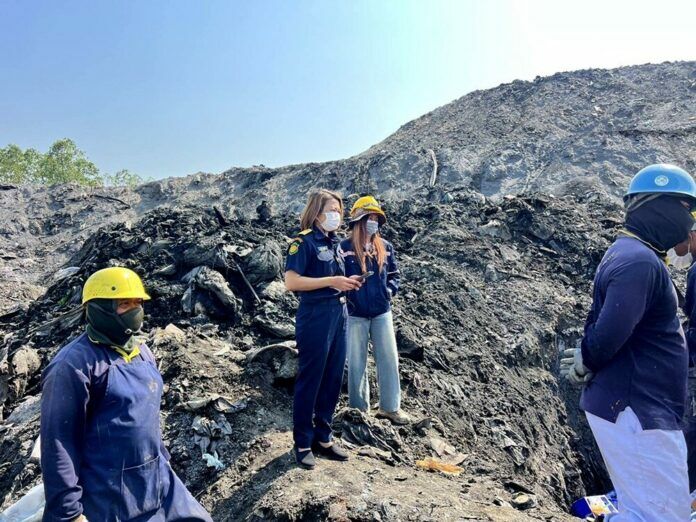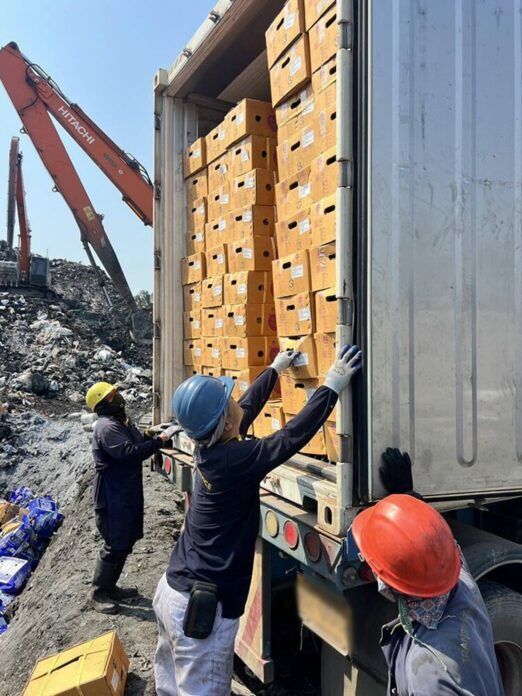Fruit frenzy: Contaminated durians to China halt Thai exports

The Department of Agriculture has halted the export operations of 26 durian packing facilities after China returned over 64 tonnes of durians contaminated with Basic Yellow 2 (BY2) today, February 7. The contaminated shipment, valued at over 12 million baht, was discovered following the implementation of stricter measures by the Chinese government.
Raphiphat Chandrasriwong, Director General of the Department of Agriculture, revealed that Narumon Pinyosinwat, the minister of agriculture and cooperatives, has implemented stringent measures aimed at eliminating chemical contamination in Thai fruits and vegetables.
These measures are part of an effort to enhance quality and safety standards, thereby instilling confidence in export markets.
Chaisak Rinkluan, director of the Plant and Agricultural Materials Control Division, reported that officials at the Laem Chabang and Aranyaprathet plant inspection stations have overseen the disposal of the contaminated durians by burial.
Some 64.67 tonnes, valued at over 12 million baht, were rejected and returned by China after the country announced a BY2 inspection measure on January 10.
In response, the Department of Agriculture instructed plant inspection officials and relevant agencies to conduct 100% physical quality checks on all durian shipments before allowing export to China. This is aimed at improving monitoring systems and ensuring consumer confidence both domestically and internationally.
Additionally, the department is following the operational transfer guidelines issued by the Food and Drug Administration (FDA) on April 29, 2016, which mandates that agencies under the Ministry of Agriculture and Cooperatives inspect imported food products.

Durian samples are being sent to laboratories for re-evaluation to confirm the presence of BY2 contamination. Contaminated durians are being destroyed under the supervision of agricultural officials.
“The department has currently suspended exports from 26 problematic packing houses and directed relevant agencies to investigate the source of contamination.”
The operations manual for Exporting Quality Durians is under revision to include more detailed inspection and control procedures. This is to ensure a uniform set of practices for officials, operators, market collectors, and farmers.
The department also emphasises the importance of the four no’s policy: no immature durians, no pests, no unauthorised use, and no prohibited chemicals, aiming to eliminate chemical use in packing facilities.
The initiative is designed to bolster the confidence of the Chinese Customs and consumers in the Department of Agriculture’s inspection systems, reported KhaoSod.

Latest Thailand News
Follow The Thaiger on Google News:


























